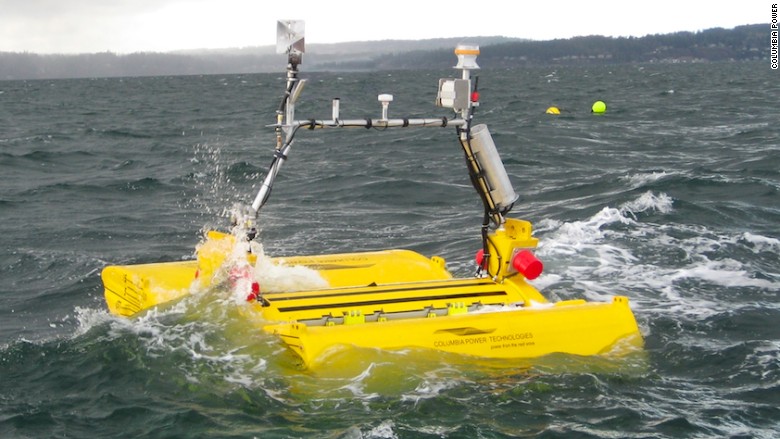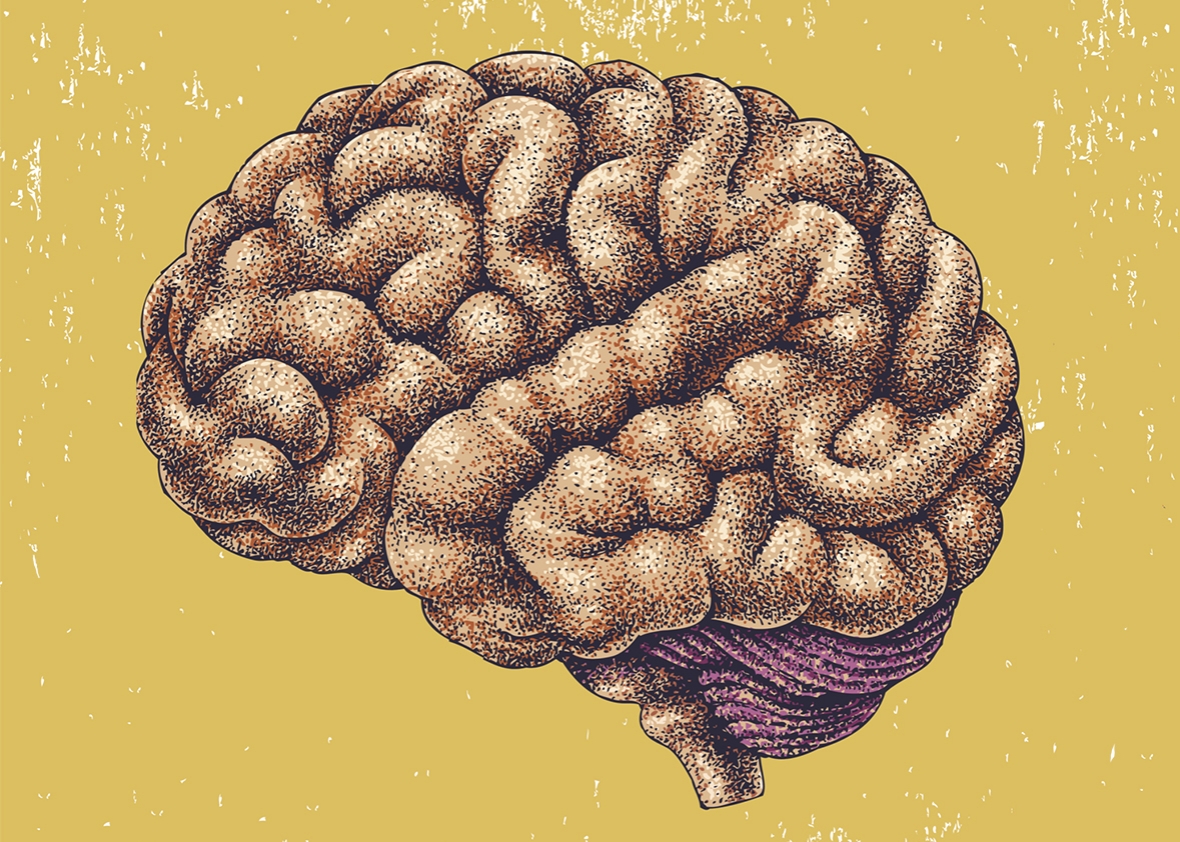Financial Markets and Economy
Wall Street is winning big from a rebound in a grim business (Business Insider)
Energy companies are feeling the pinch. Wall Street is getting ready to gorge.
 These are the biggest risks to the global economy (Business Insider)
These are the biggest risks to the global economy (Business Insider)
The global economy struggled through a difficult year in 2015, leaving a range of challenges for policymakers hoping to avoid a third leg of the financial crisis, panelists at the Credit Suisse 2016 Asian Investment Conference (AIC) said. The Federal Reserve’s moderation in monetary tightening is crucial to sustaining fragile global economic growth in 2016, while structural reforms in China, India, and other countries are essential if struggling emerging economies are to regain their footing over the next several years.
Carry Trade Gains Traction as Currency Volatility Turns Lower (Bloomberg)
Conditions in the $5.3 trillion foreign-exchange market have turned supportive for one of the most popular trading strategies — the carry trade.

This chart shows how crazily different the price of fuel is around the world (Business Insider)
Much ink has been spilled over the continuing oil price crash and its effect on the global economy.

Brazil's Giant Problem (Wall Street Journal)
When construction began in 1956 on Brazil’s new capital, everything about it pointed to the country’s ambitions as a rising global power. Its architect Oscar Niemeyer designed curving, futuristic government palaces, embodying hopes for a utopian modernity. Brasília rose in just 41 months, laid out in the shape of an airplane, a seeming reflection of the nation’s impatience to soar.
From One Extreme To Another: Record Oil Shorts Are Now Record Oil Longs (Zero Hedge)
At the end of January, when looking at the positioning in the oil futures market, we warned that there is a a "Constant Short Squeeze Threat" because "Oil Shorts Are At All-Time Highs."

The High Fees You Don’t See Can Hurt You (NY Times)
High fees, often hidden from view, are still enriching many advisers and financial services companies at the expense of ordinary people who are struggling to salt away savings. The problem has persisted year after year. A new analysis of mutual fund data confirms its severity.
Apple, Exxon expected to drag on earnings during peak week (Market Watch)
Companies representing more than a third of the S&P 500’s market cap will report earnings in the coming week, with investors expected to focus on results for tech heavyweights Apple Inc. and Facebook Inc., as well as energy giants Exxon Mobil and Chevron.

Meanwhile In China, More Bubble Insanity (Zero Hedge)
The credit-fueled speculative bubble in China's commodity market, as we detailed previously, exploded this week as the mainstream slowly comes to realize that the gains in industrial metals are not a "sign of strength in China's and the world's economic recovery" but merely the next rotation of fast-money slooshing from Chinese equities to Chinese corporate bonds to Chinese real estate and now to Chinese commodity futures.

Politcs
 Choosing the Veep of Your Dreams (The Atlantic)
Choosing the Veep of Your Dreams (The Atlantic)
The remaining candidates in the presidential race have toiled their way through the primaries, outlasting 18 opponents between the two parties. But pretty soon, there will be a new crop of potential White House denizens for the campaigns to worry about. And it seems they’ve barely started vetting them.
Springtime in an election year is vice-presidential selection season, when campaigns must begin brainstorming and vetting candidates for the major parties’ tickets.
 Disturbing New Ad Reveals The Future Of The GOP Under Trump (Think Progress)
Disturbing New Ad Reveals The Future Of The GOP Under Trump (Think Progress)
Mike Pape, a Republican running for Kentucky’s first Congressional district, released a new TV ad filled with ugly stereotypes about Latino immigrants, complete with huge Mario Bros.-like mustaches, fake accents, and subtitles for the actors, even though they’re speaking in English for the vast majority of the ad.
Technology
 Turning ocean waves into electricity (CNN)
Turning ocean waves into electricity (CNN)
There's another potential power source that's so plentiful that it covers 71% of the Earth, but it's been a struggle to tap.
Startup Columbia Power is the latest company to dream of harnessing the ocean for electricity. It's building a wave generator called StingRAY that will float on the ocean's surface, turning each passing wave to usable power.
 Why it’s a mistake to compare A.I. with human intelligence. (Slate)
Why it’s a mistake to compare A.I. with human intelligence. (Slate)
In 1950, the brilliant mathematician and cryptographer Alan Turing began his seminal paper “Computing Machinery and Intelligence” with a simple query: “I propose to consider the question, ‘Can machines think?’ ” It is a question that still resonates today, because it is essentially incoherent and thus unanswerable.
Turing himself quickly turned to a more pragmatic approach, proposing the now famous Turing test. While there are many versions today, they all essentially involve a human interlocutor being fed two information feeds, one from another human and one from the device or software being tested for intelligence.
Japan's Next Generation of Farmers Could Be Robots (Bloomberg)
As the average age of farmers globally creeps higher and retirement looms, Japan has a solution: robots and driver-less tractors.
Health and Life Sciences
 Big Science is broken (The Week)
Big Science is broken (The Week)
Science is broken.
That's the thesis of a must-read article in First Things magazine, in which William A. Wilson accumulates evidence that a lot of published research is false. But that's not even the worst part.
The Cold Medicine That’s Linked to Cognitive Problems (Time)
A common kind of prescription and over-the-counter medication, including some cold medicines, has been linked to cognitive impairment in older adults, finds a new study published in JAMA Neurology.
Life on the Home Planet
 Styrofoam cups get a bad rap, and other surprising environmental revelations (Quartz)
Styrofoam cups get a bad rap, and other surprising environmental revelations (Quartz)
A few decades ago, it was pretty easy to feel eco-friendly. All you had to do was avoid being a litter bug—and maybe commit to saving a whale or two.
But as we’ve come to understand more about climate change, species loss, and other environmental issues, our options have become a lot harder to parse. We may think the most environmentally friendly choice is to buy organic produce or take a biodegradable paper bag over a plastic one.
 People Still Don't Get the Link between Meat Consumption and Climate Change (Scientific American)
People Still Don't Get the Link between Meat Consumption and Climate Change (Scientific American)
Over the last decade or so, the media have slowly but steadily fed the public information about the staggering impact of our meat-eating habits on the environment, and on climate change in particular. For instance, one recent study found that a global transition toward low-meat diets could reduce the costs of climate change mitigation by as much as 50 percent by 2050.



